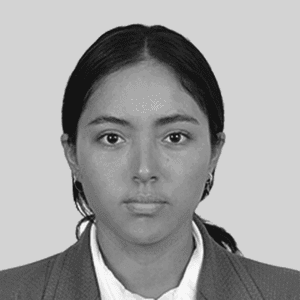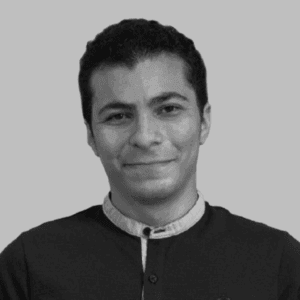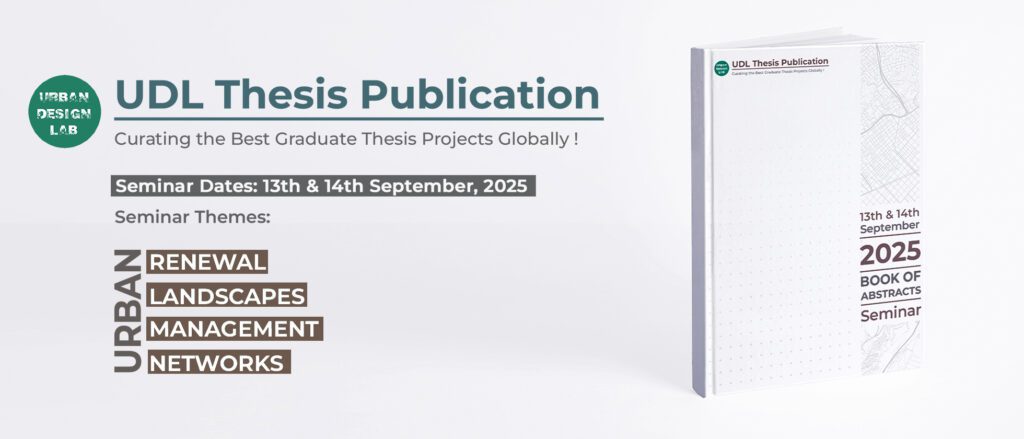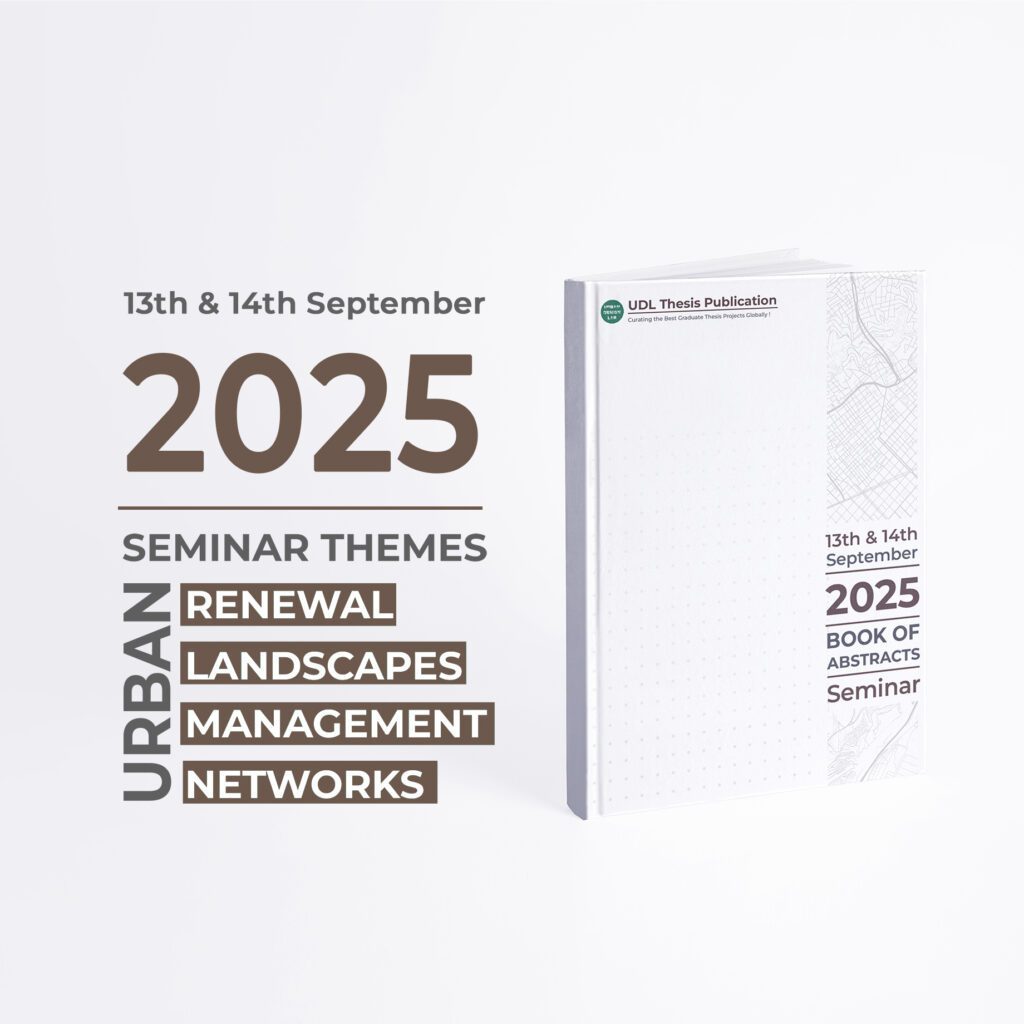2025
UDL Thesis Seminar
Curating the best graduate thesis project globally!
About the Publication
The Urban Design Lab thesis publication provides a unique platform for post-graduate and under-graduate students to showcase their innovative design and research-based thesis projects related to urban design, landscape, architecture, and planning. The publication aims to promote global design and research trends, offering valuable insights for academic and professional communities while fostering innovation and creativity in the field.


Scope of the Publication
The scope of the publication encompasses a selection of outstanding under-graduate and post-graduate student thesis completed in the last five years, in conjunction with the urban domain. These exemplary thesis entries will be compiled into a dedicated book that serves as the official record of the seminar proceedings. The publication will be assigned an International Standard Book Number (ISBN) to facilitate easy reference and recognition globally.
Publication Themes and Participants

Urban renewal
This theme encompasses the conservation, revitalization, and heritage revival of urban areas.

Urban Landscapes
This theme focuses on the management of the natural and built environment in urban areas.

Urban Management
This theme emphasizes the physical, social, economic and infrastructure management of urban areas.

Urban Networks
This theme focuses on connectivity, linkages, transit and mobility within and between urban areas.
Theme: Urban renewal
Theme: Urban Landscapes
Theme: Urban Management
Theme: Urban Network

Important dates and Schedule
Closing Date for Registration
25th July, 2025
Announcement of the Results
31st August, 2025
Online 2-Day Thesis Seminar
13th-14th September, 2025
Publication (ISBN attributed Book)
December, 2025
Register Now | UDL Thesis Seminar
13th & 14th September, 2025

Urban Landscape
9:30am- 12:30pm I Coordinated Universal Time (UTC)
Urban Management
1:30 pm- 4:30 pm I Coordinated Universal Time (UTC)
Urban Networks
9:30am- 12:30pm I Coordinated Universal Time (UTC)
Urban Renewal
1:30 pm- 4:30 pm I Coordinated Universal Time (UTC)
Seminar Panel Members

Amita Sinha
Pune, India
M.Arch, Virginia Tech (1984); Ph.D., University of California, Berkeley
Visiting Professor at IIT Kharagpur, IIT Gandhinagar, and IIT BHU
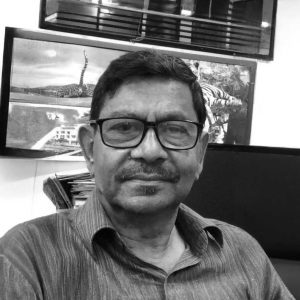
Ujan Ghosh
Delhi, India
Master of Architecture & Master of City Planning, University of Pennsylvania, USA
Urban Designer, Upalghosh Associates, Delhi, India
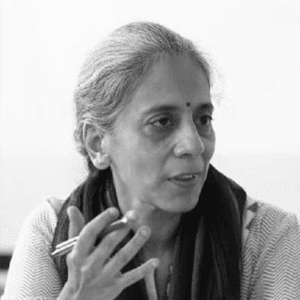
Brinda Sastry
Bangalore, India
Masters in Architecture (Urban Design), University of Oregon, Eugene
Acting Vice President, Institute of Urban Designers India (IUDI), 2024–2027

George Jacob
Mumbai, India
M.Arch, Kamla Raheja Vidyanidhi Institute for Architecture (2010)
Associate Professor, KRVIA, Mumbai

Amita Sinha
Pune, India
Amita Sinha is a scholar of cultural landscapes with over three decades of experience in landscape architecture, heritage conservation, and ethnographic research. Her work explores how landscapes preserve cultural memory while negotiating tensions between past and present. She has taught at the University of Illinois Urbana- Champaign, where she is Professor Emerita, and has held visiting professorships at IIT Kharagpur, IIT Gandhinagar, and IIT BHU. Through her teaching, writing, and planning of heritage sites across India, she has shaped academic and professional discourses on sustainable and culturally rooted design. Her contributions bridge research and practice, advancing the role of landscapes as living archives and agents of resilient futures.
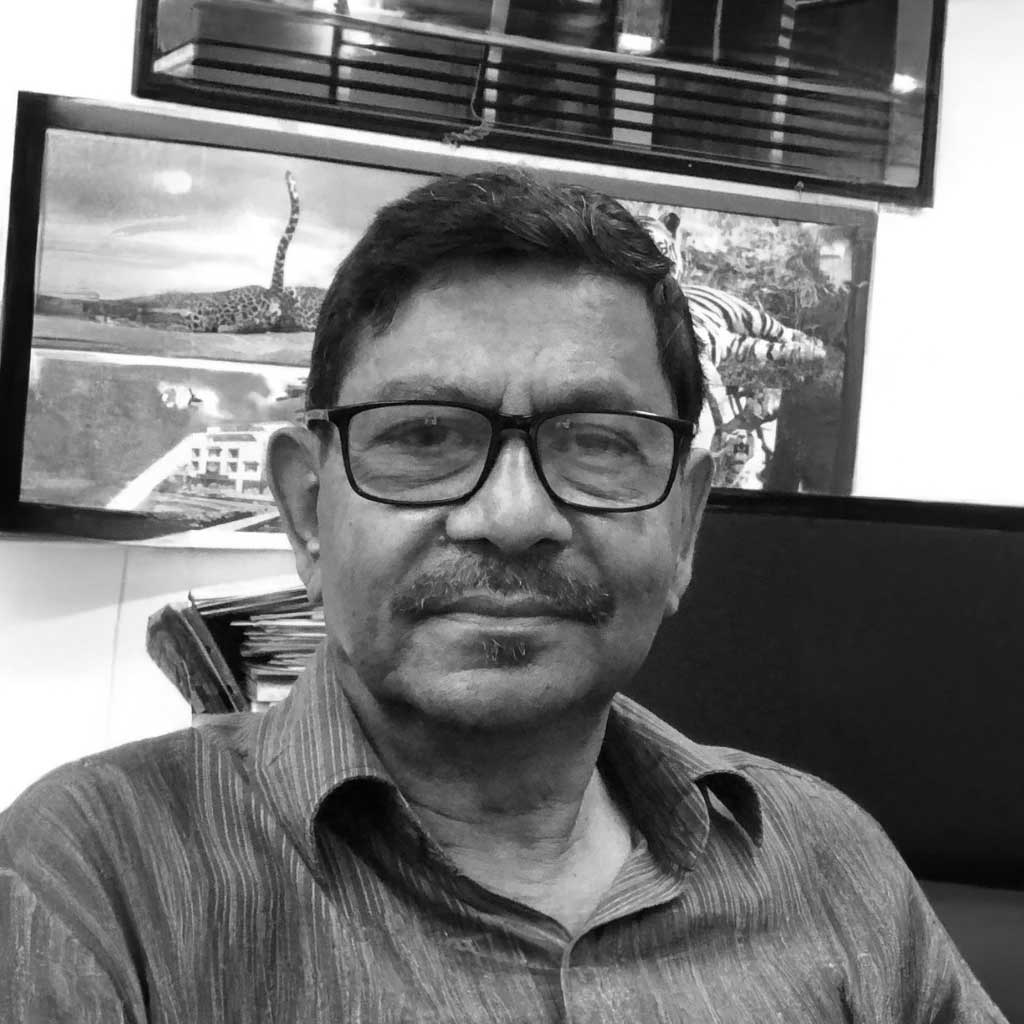
Ujan Ghosh
Delhi, India
Prof. Ujan Ghosh completed his architecture degree at School of Planning & Architecture, New Delhi in 1975. After working in Delhi for two years, he pursued Master’s degrees in Architecture and City Planning with a focus on Urban Design at the University of Pennsylvania. He later became a partner at Upalghosh Associates in India, practicing architecture and urban design. He’s been a visiting professor at SPA, New Delhi for 34 years and played roles in SPA, Bhopal’s Senate and various departmental Boards of Studies. He co-founded the Institute of Urban Designers-India and served as its former President.

Brinda Sastry
Bangalore, India
Brinda Sastry is an independent Urban Designer and Planner, researcher, and educator with extensive experience working across private, public, & non-profit sectors in India and abroad. An alumna of the University of Oregon, she has contributed to regional, city, & neighborhood-level plans, as well as public space designs that prioritize inclusivity, equity, livability, & sustainability. Her work lies at the intersection of spatial planning, governance, and design policy, where she develops methods to embed place-based approaches within planning frameworks. She also supports citizen groups and non-profits on urban policy and advocacy, leads participatory capacity-building programs, and currently serves as Acting Vice President of the Institute of Urban Designers India (IUDI) for 2024– 2027.

George Jacob
Mumbai, India
George J. Jacob is an Associate Professor at KRVIA, Mumbai, specializing in urban design, architecture, and the study of indigenous communities, migration, and everyday urbanism. His pedagogy emphasizes community engagement and collective action, linking design studios with lived realities. A UNESCO–Sahapedia Fellow (2018), he has participated in international workshops with Tongji University, TU Delft, and UBC, and contributed to projects such as Dharavi Redevelopment, Cinemacity, and Mapping Privacy in Public Space. He also practices as Founder and Partner at ADRG, delivering institutional, industrial, and residential projects across India.
Publication Jury Members

Ibrahim Hegazy
Jiddah, Saudi Arabia
PhD from University of Liverpool, Board Member Saudi Urban Planners Association
Professor of Environmental Planning and Design - King AbdulAziz University

Nabil Mohareb
Cairo, Egypt
Doctor of Philosophy (Ph.D.), University of Liverpool
Associate Professor at The American University in Cairo

Giulia Setti
Milan, Italy
Laurea in Progettazione Architettonica e Urbana, Politecnico di Milano
Assistant Professor presso Politecnico di Milano

Fabiano Lemes
Milan, Italy
PhD, Universitat Politècnica de Catalunya- UPC, Barcelona
Associate Professor in Urbanism at Politecnico di Milano

Ibrahim Hegazy
Jiddah, Saudi Arabia
Prof. Ibrahim Hegazy is a distinguished academic and practitioner in environmental planning and urban design, currently serving as a Professor at King AbdulAziz University and a Board Member of the Saudi Urban Planners Association. With extensive experience in planning, development, and environmental management, he has conducted numerous research projects in the UK and provided strategic guidance on urban, regional, and national environmental initiatives. His expertise spans sustainable architecture, urban renewal, green urban assessment, and community participation, integrating design philosophy with cutting-edge environmental assessment techniques. A passionate educator, he specializes in architectural theory, sustainable building systems, and participatory planning, contributing to the advancement of architectural education and sustainable urban development.

Nabil Mohareb
Cairo, Egypt
Dr. Nabil Mohareb is currently an associate professor at the American University in Cairo’s Department of Architecture. He has previously served as the director of the Faculty of Architecture at Beirut Arab University, Lebanon. His research focuses on how architecture and urbanization affect social behavior, spatial and economic variables. He has published numerous articles in international conferences and journals. Additionally, he has led experimental workshops in Egypt, Italy, and Lebanon. Dr. Mohareb is on the editorial review board for several academic journals.

Giulia Setti
Milan, Italy
Giulia Setti is an architect, researcher, and Assistant Professor at Politecnico di Milano, where she has been teaching since 2015 in both Bachelor’s and Master’s programs. Holding a PhD in Architectural and Urban Design, her work focuses on housing design, urban transformation, and the regeneration of industrial buildings. Her research explores the relationship between urban form and context, with a particular interest in informal settlements and public spaces in global settings such as India and China. As a thesis supervisor, she guides students on topics including urban regeneration, industrial reuse, and the evolution of public spaces, contributing to a deeper understanding of contemporary urban challenges. Passionate about architectural education, she integrates theoretical and practical approaches to enhance design methodologies. Her commitment to interdisciplinary research fosters innovative solutions for sustainable urban development and adaptive reuse strategies.

Fabiano Lemes
Milan, Italy
Professor Fabiano is an Associate Professor in Urbanism at Politecnico di Milano, based in the DAStU – Department of Architecture and Urban Studies. His research focuses on planning models that integrate urbanization with nature, emphasizing green and blue infrastructure, and sustainable planning. He authored “Green Wedge Urbanism: History, Theory and Contemporary Practice” and edited “Planning Cities with Nature.” In addition to his research, he teaches in the Masters of Sustainable Architecture and Landscape Design and the Masters of Architecture and Urbanism programs, and coordinates the PhD program in Urban Planning, Design, and Policy. Before joining Politecnico di Milano, he was a Reader in Urbanism and Architecture at the University of Portsmouth, UK, where he held several leadership roles in research and education.

Ibrahim Bahreldin
Jeddah, Saudi Arabia
Ph.D, Urban & Environmental Design, Waseda University · M.Arch, KU Leuven
Associate Professor, King AbdulAziz University

Fatouma El Phil
Paris, France
Architect & Urban Designer, KCAP
Graduate, École Nationale Supérieure d’Architecture de Paris-Belleville

Beta Paramita
Bandung, Indonesia
The University of Kitakyushu
Associate Professor at Universitas Pendidikan Indonesia

Evan Shieh
New York, United States
Master of Architecture in Urban Design, Harvard University GSD
Assistant Professor, New York Institute of Technology, United States

Ibrahim Bahreldin
Jeddah, Saudi Arabia
Ibrahim Bahreldin is an Associate Professor of Urban and Environmental Design at King AbdulAziz University, with a Ph.D. in Architecture, Urban and Environmental Design from Waseda University and an M.Arch in Human Settlements from KU Leuven. His research and teaching focus on urbanism, public space governance, placemaking, and post-conflict urbanism, with projects spanning Sudan, Saudi Arabia, and the wider African region. Widely published in international journals, his work engages debates on spatial justice, Global South urbanism, and adaptive governance. Beyond academia, he contributes to policy dialogue, international collaborations, and capacity-building, while his current research explores how temporary and contested public spaces shape urban experience and civic identity in contexts of confl ict and recovery.

Fatouma El Phil
Paris, France
Fatouma Sarah El Phil is a skilled architect and urban designer currently working at KCAP, with a strong academic background from the École Nationale Supérieure d’Architecture de Paris-Belleville and the National School of Architecture and Urban Planning of Tunis. With expertise in architecture, urban planning, and heritage revitalization, she has contributed to significant projects as a project architect and urbanist at Reichen et Robert & Associés before joining KCAP. Passionate about the intersection of contemporary architecture and heritage preservation, her work explores the evolutionary and contextual aspects of urban design, shaping dynamic and resilient spaces. She thrives in multidisciplinary environments, integrating innovative design solutions with a deep understanding of cultural and spatial dynamics. Dedicated to research and practice, she continuously seeks to bridge the gap between architectural theory and urban transformation.

Beta Paramita
Bandung, Indonesia
Beta Paramita is an Associate Professor in Architecture at Universitas Pendidikan Indonesia, specializing in sustainable cities, green buildings, and building performance with a focus on outdoor thermal comfort. She is a board member of IBPSA-ID (Indonesia chapter) and actively contributes to RDI (Research Resilience Initiative) on community, environmental change, and sustainable development. She founded Pendidikan Hijau, a movement promoting building performance-based design education, and won the 2022 Million Cool Roofs Challenge, leading to the establishment of the start-up BeCool Indonesia. Recognized as an outstanding lecturer in 2023, she developed RAFLESIA, a solar-reflective house using metal panels with 90% solar emissivity and 72.9% solar reflectance, showcasing her commitment to innovative and sustainable architectural solutions.

Evan Shieh
New York, United States
Evan Shieh is an architect, urbanist, researcher, and educator. He is an Assistant Professor of Architecture at New York Institute of Technology (NYIT) where he teaches as a full-time faculty member, and is also the director of Emergent Studio, a design and research office operating at architecture’s intersection with urbanism, landscape, and infrastructure. His interdisciplinary research investigates the urban and environmental crises that our mono-functional infrastructures and technologies are implicated in, with a particular focus on the spatial impact of mobility infrastructure and new mobility technologies on design, planning, and other key aspects of the built environment. He is the author of Autonomous Urbanism: Towards a New Transitopia (AR+D Publishers, forthcoming Fall 2024), and his work has been curated & exhibited at venues around the world including at the Venice, Seoul, and Shenzhen Biennales of Architecture & Urbanism. Shieh is a graduate of Harvard University’s Graduate School of Design, from which he holds a Master of Architecture in Urban Design.
Seminar Moderators

Tanya Kaur Bedi
Bhopal, India
Ph.D. Architecture, IIT Kharagpur; B.Arch, MNIT Bhopal
Assistant Professor, School of Planning and Architecture, Bhopal

Vishrut Goswami
Victoria, Australia
B.Arch, NIT Calicut; Deakin Vice Chancellor’s Scholar
Aspiring Construction Professional (sustainable and inclusive design)
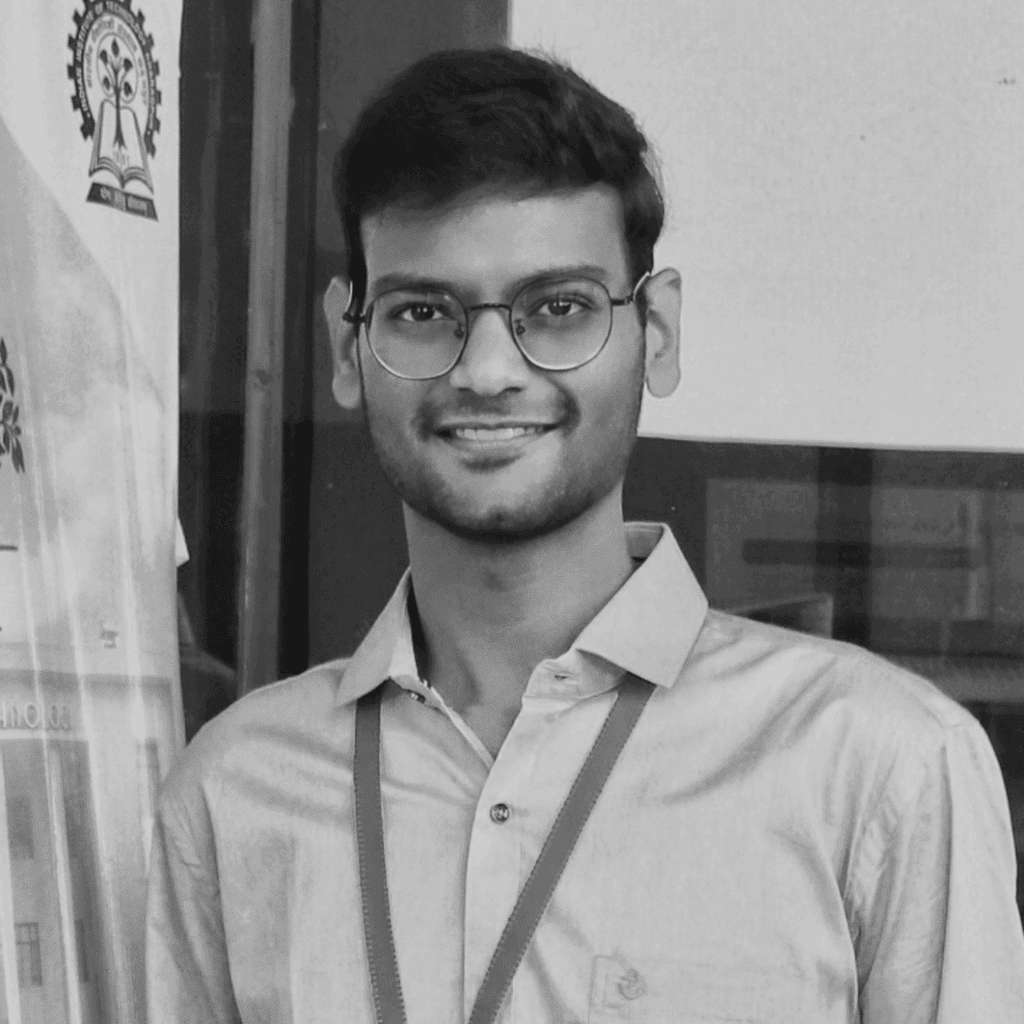
Shubham Taparia
Jaipur, India
M.Tech, IIT Kharagpur; B.Arch, ASA Jaipur
Assistant Professor, Aayojan School of Architecture, Jaipur

Kristi Verma
Jaipur, India
B.Arch, MNIT Jaipur; M.Plan (Urban Planning), CEPT University
Assistant Professor, Amity School of Architecture and Planning, Jaipur

Ravjyot Kaur
Gurugram, India
B.Arch, MNIT Jaipur; M.Arch (Urban Design), SPA Bhopal
Design Manager, RSP Design Consultants India Private Limited

Tanya Kaur Bedi
Bhopal, India
Dr. Tanya Kaur Bedi, Assistant Professor at SPA Bhopal, specializes in architecture and environmental planning. A PhD from IIT Kharagpur and Gold Medalist from NIT Bhopal, her research on built environments and indoor air quality has gained international recognition. She has published widely, co-authored a government guidebook on sustainable building strategies, and integrates design with environmental planning to address urban challenges.

Vishrut Goswami
Victoria, Australia
Vishrut is an aspiring construction professional and Deakin Vice Chancellor’s Scholar with a B.Arch from NIT Calicut. Passionate about sustainable and inclusive design, he combines academic excellence with leadership in student advocacy, mentoring, and community initiatives. He has founded platforms connecting students with industry professionals, fostering collaboration, practical learning, and community resilience.

Shubham Taparia
Jaipur, India
Shubham Taparia is an architect and infrastructure professional with expertise in policy, planning, and project management within the infrastructure and urban development sectors. A graduate of IIT Kharagpur with an M.Tech in Infrastructure Design and Management, he integrates design thinking with technological applications to address complex urban challenges. Currently an Assistant Professor at Aayojan School of Architecture, Jaipur,

Kristi Verma
Jaipur, India
Kristi Verma is an architect and urban planner with over four years of academic and professional experience. An Assistant Professor at Amity School of Architecture and Planning, Jaipur, she specializes in urban planning, master plans, and town planning schemes. A member of ITPI and registered with the Council of Architecture, she has presented research on urban green spaces and completed training with WHO, UNITAR, and UNCC.

Ravjyot Kaur
Gurugram, India
Ravjyot Kaur is an Urban Designer, Architect, and Design Manager at RSP India with expertise spanning architectural practice, urban design, and content strategy. A graduate of MNIT Jaipur and SPA Bhopal, she combines design management with a passion for writing on architecture, everyday urbanism, and cultural narratives. She has also worked as a content strategist and writer, bridging creative practice with communication.
Collaborations
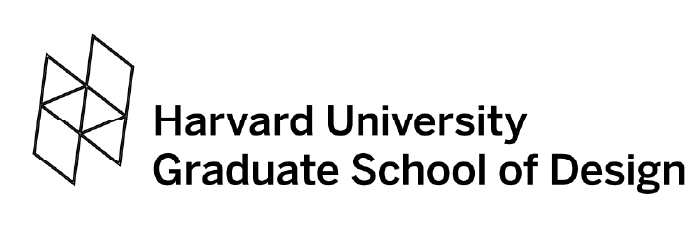


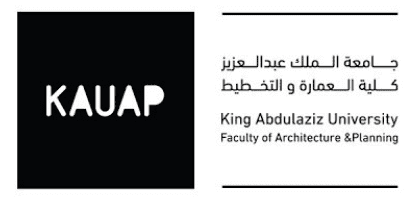








Previous Media Collaborations







Here is the link for UDL Thesis Publication “Book of Abstracts” that we recommend you go through prior to Registering.
Book of Abstracts:



























